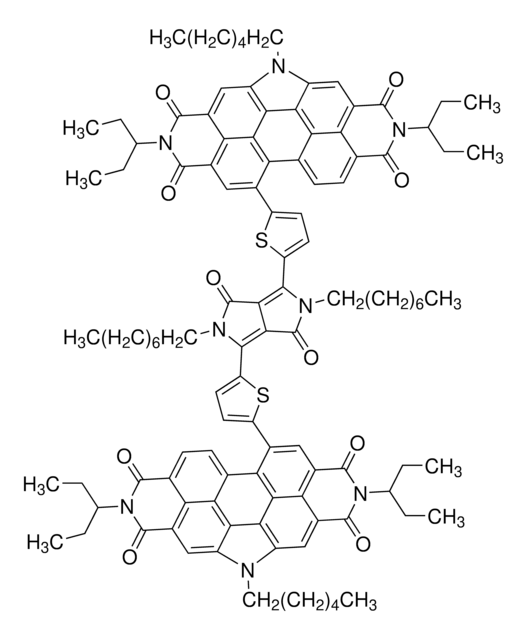402753
(−)-β-Pinene
≥99%
Synonym(s):
(-)-beta-Pinene, (1S)-(−)-β-Pinene, (1S,5S)-2(10)-Pinene, (1S,5S)-6,6-Dimethyl-2-methylenebicyclo[3.1.1]heptane
About This Item
Recommended Products
vapor density
4.7 (vs air)
vapor pressure
~2 mmHg ( 20 °C)
Assay
≥99%
form
liquid
optical activity
[α]25/D −22°, neat
optical purity
ee: 97% (GLC)
refractive index
n20/D 1.478 (lit.)
bp
165-167 °C (lit.)
mp
−61 °C (lit.)
density
0.866 g/mL at 25 °C
SMILES string
[H][C@]12CCC(=C)[C@]([H])(C1)C2(C)C
InChI
1S/C10H16/c1-7-4-5-8-6-9(7)10(8,2)3/h8-9H,1,4-6H2,2-3H3/t8-,9-/m0/s1
InChI key
WTARULDDTDQWMU-IUCAKERBSA-N
Looking for similar products? Visit Product Comparison Guide
Application
Signal Word
Danger
Hazard Statements
Precautionary Statements
Hazard Classifications
Aquatic Acute 1 - Aquatic Chronic 1 - Asp. Tox. 1 - Flam. Liq. 3 - Skin Irrit. 2 - Skin Sens. 1
Storage Class Code
3 - Flammable liquids
WGK
WGK 3
Flash Point(F)
102.2 °F - closed cup
Flash Point(C)
39 °C - closed cup
Personal Protective Equipment
Certificates of Analysis (COA)
Search for Certificates of Analysis (COA) by entering the products Lot/Batch Number. Lot and Batch Numbers can be found on a product’s label following the words ‘Lot’ or ‘Batch’.
Already Own This Product?
Find documentation for the products that you have recently purchased in the Document Library.
Customers Also Viewed
Protocols
Fast GC analysis of sweet orange essential oil in hexane. Key components identified includes: β-Farnesene; α-Huµlene; Germacrene D; (+)-Valencene; Bicyclogermacrene; (+)-δ-Cadinene
Chromatograms
suitable for GCsuitable for GCsuitable for GCOur team of scientists has experience in all areas of research including Life Science, Material Science, Chemical Synthesis, Chromatography, Analytical and many others.
Contact Technical Service















